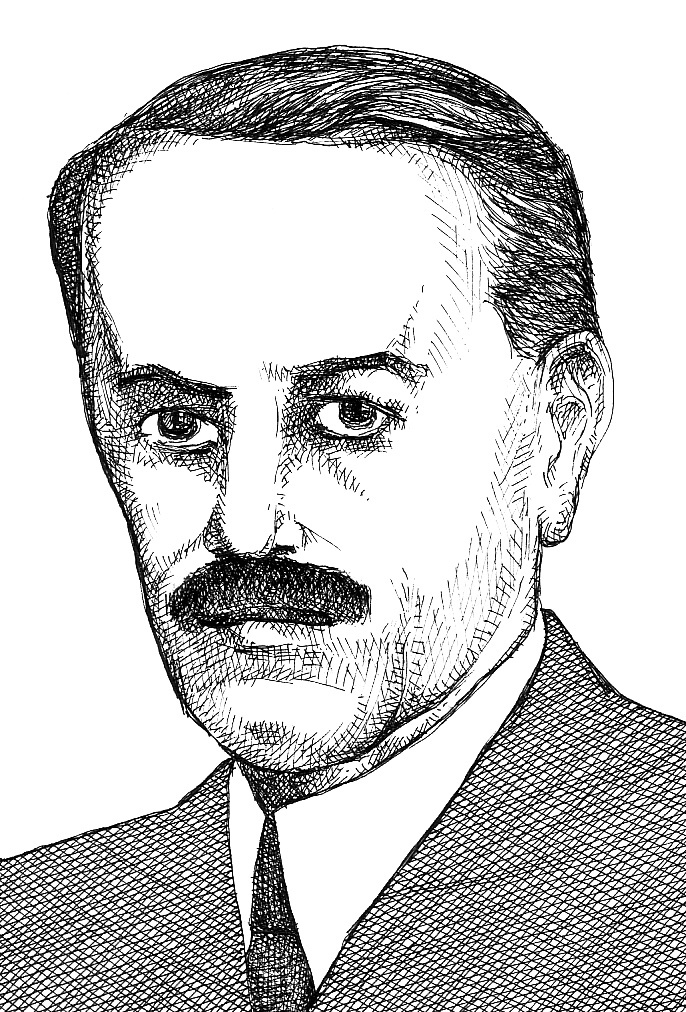The Historical Collection of the “Jakabffy Elemér” Foundation includes materials relevant to the topic of cultural opposition, such as primary sources on the study of the two samizdat journals which were made by intellectuals belonging to the Hungarian minority: Ellenpontok (Counterpoints), which managed to appear nine times in 1981–1982 and Kiáltó szó (Loud Word), two issues of which were issued in 1989. One can also mention the activity of the dissident group of Hungarian intellectuals called Limes (Limes Kör). Nevertheless, most of the documents are not about political opposition, but rather concern formal and informal strategies of individual and collective survival and analyses of these phenomena. This can be detected in issues ranging from collectivization to the functioning of the Hungarian Autonomous Region (1952–1960), the functioning of the dissident groups, the Hungarian Press of Transylvania (HPT) in the 1980s, and activities related to building up the Transylvanian Hungarian self-representation in the Ceausescu era.
The collection of manuscripts (which contains roughly 1,600 records) encompasses analyses, statistics, transcripts of interviews, and official documents created in the period of state socialism. The collection of audio materials and documentaries contains interviews conducted within the framework of various projects and submitted to the Foundation to be available to the wider public, life story interviews with Hungarian intellectuals, and documentaries related to the history and culture of the Hungarian minority (some 300 records). The life story interviews were conducted with various leaders of the Hungarian Democratic Alliance in Romania (DAHR) at the beginning of the 1990s. They also deal with their activities in the pre-1989 period. This applies to the documentaries too. Many of the movies deal with the period of state socialism. Currently, the collection is being enlarged by life story interviews done within the framework of various projects related to the research of the predominantly Hungarian-inhabited region of eastern Transylvania called the Székely Land.
Likewise, the electronic extension of the collection, the Databank (http://www.adatbank.ro/), deals with the period of state socialism. Alongside digitalized materials concerning the Hungarian cultural legacy (the section of periodicals from state socialism is currently under construction), the platform contains background materials intended to aid further research: bibliographies (thematic bibliographies, a bibliography of the works of various outstanding intellectuals, and registers), catalogues of archival documents collected and stored by other institutions, digitalized official documents (surveillance files issued by the Securitate included), and chronologies.
To illustrate the relevance of digitalized materials to the topic of cultural opposition from the state socialist period, one can mention the materials of the Hungarian Press of Transylvania (1983–1989) and the related register. The HTP was edited in Budapest by Attila Ara-Kovács, one of the people instrumental in the launch of the samizdat journal
Ellenpontok. HTP published primarily information and analyses obtained through unofficial sources and related to the situation of the Hungarian minority in Romania. The bilingual (Hungarian and English) publication represented an important source on human rights organizations and political movements in the West.

